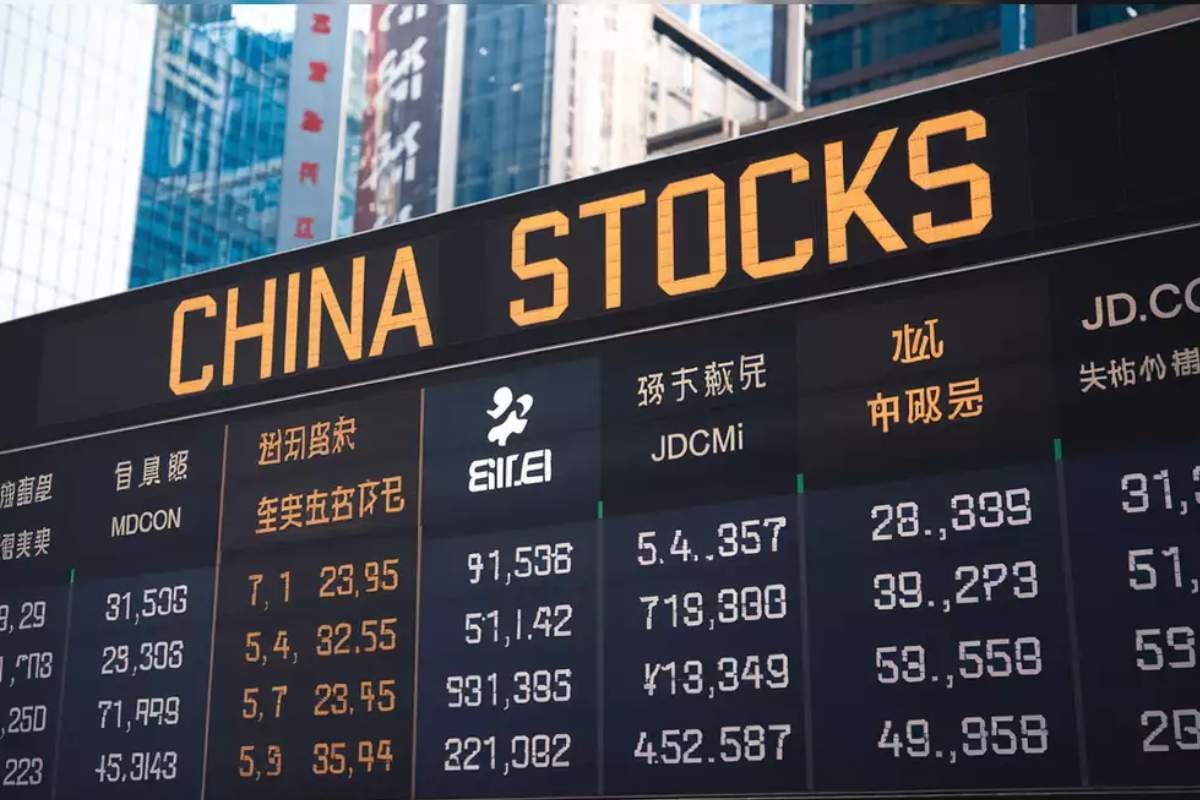Source-economictimes.indiatimes.com
Hong Kong Faces Worst Daily Decline Since 2008 Financial Crisis
Chinese stock markets experienced a sharp downturn following weeks of strong performance, with the Hang Seng Index in Hong Kong plunging more than 9% on Tuesday, marking its worst single-day drop since October 2008. Mainland China’s Shanghai Composite Index also faced significant volatility, but managed to close 4.6% higher after a rollercoaster trading day. Investors, who had enjoyed a rally fueled by optimism, were caught off guard by a sudden wave of profit-taking, sparked by disappointment over the absence of aggressive fiscal stimulus from Beijing.
Hopes that China’s government would introduce bold economic support measures were dashed, leading to a massive selloff. The timing of the decline, immediately after a holiday week, added to the market’s instability, with traders rushing to secure profits amid growing uncertainty about the future of China’s economic recovery. This sharp downturn in the markets has rattled investor confidence, especially as external global factors contribute to the pressure on Chinese equities.
Muted Stimulus Response Disappoints Investors
The primary cause behind the selloff was growing dissatisfaction with China’s latest policy moves—or the lack thereof. Investors had anticipated that the National Development and Reform Commission (NDRC) would announce sweeping fiscal measures to stimulate the economy. However, in a press conference, NDRC chairman Zheng Shanjie reaffirmed China’s goal of achieving a 5% GDP growth target without unveiling any major new stimulus programs.
The few measures announced, including 100 billion yuan ($14.1 billion) in front-loaded funds for 2025 and another 100 billion yuan for construction projects, fell short of investor expectations. Many had hoped for more substantial initiatives, such as large-scale bond issuances or consumer spending stimulus programs. This lack of bold fiscal action disappointed markets, with some analysts suggesting that more significant stimulus measures could still be introduced later in the year.
Goldman Sachs analysts pointed out that while no major stimulus measures were announced, they expect China to approve additional government bonds worth 1-2 trillion yuan by the end of 2024. These measures could support debt swaps and sustain fiscal easing into 2025. Despite the initial market reaction, some experts remain cautiously optimistic that China will take further steps to stabilize the economy and boost domestic demand.
Market Reactions: Tech and Property Stocks Hit Hardest
Chinese stocks trading in offshore markets, particularly in Hong Kong and New York, were the most affected by the selloff. These chinese stocks, often owned by foreign investors, are highly sensitive to shifts in risk sentiment, making them vulnerable to market volatility. Shares of major Chinese tech companies such as Tencent Holdings, Xiaomi, and electric vehicle maker BYD tumbled by over 8%, while property developer Country Garden Services Holdings saw its shares plummet 15%.
With investor sentiment shaken, the upcoming weeks will be critical for Chinese stock markets as investors look for further policy announcements. Analysts are closely watching for updates from upcoming government meetings, including the National People’s Congress standing committee session and the Politburo meeting in December, where more substantial economic strategies could be outlined. Additionally, global events like the U.S. presidential election on November 5 may further impact China’s stock markets in the near term.


















